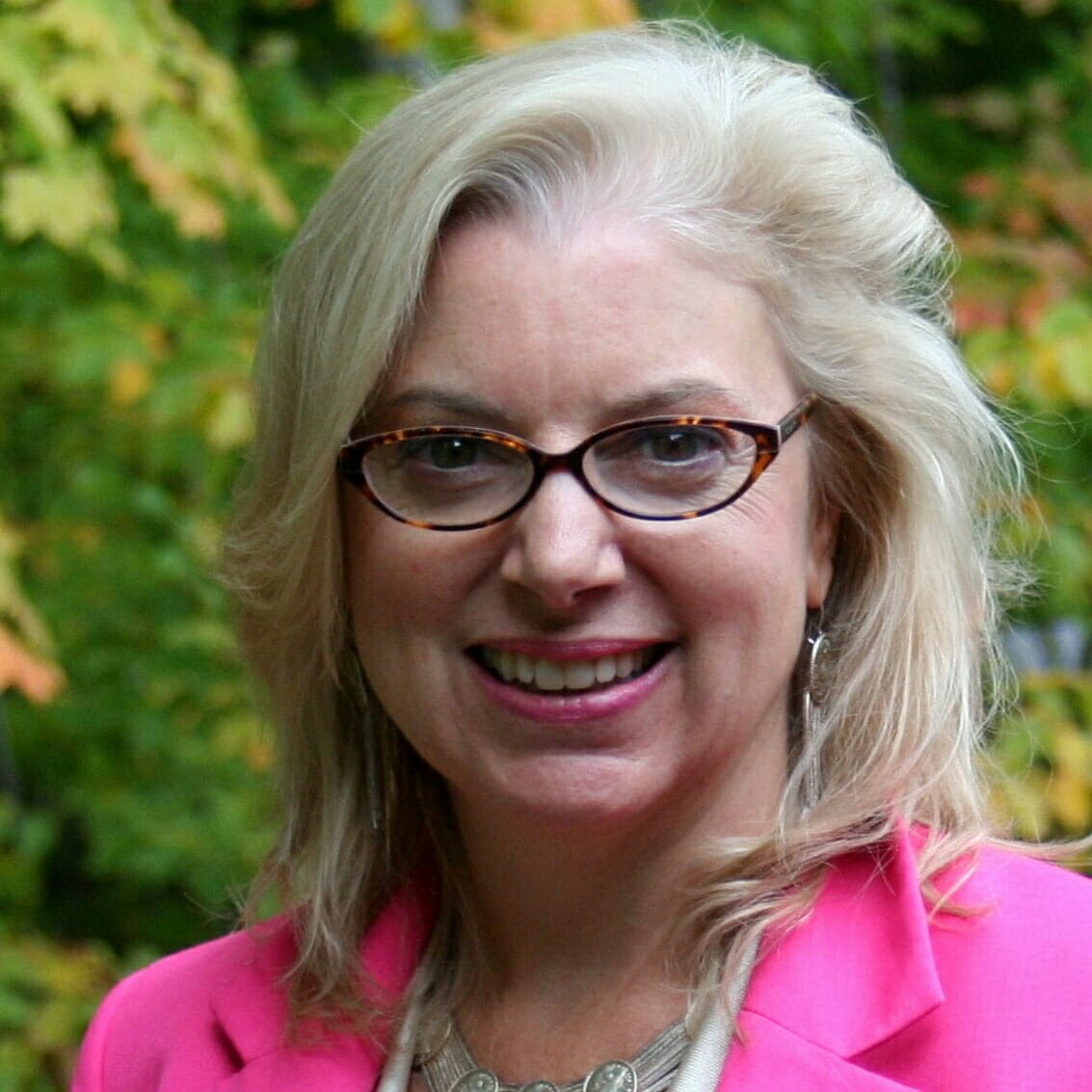
We are in the midst of a tsunami of wealth transfer.
It is predicted that over the next 50 years, anywhere between 20 and 40 trillion dollars of wealth will pass from parents to their children. This year the federal estate tax exemption is nearly $5.5 million dollars, or roughly $11 million if two parents are leaving funds to a child.
To look at it another way, 10% of wealth is changing hands every five years. Millennials are inheriting their wealth at a rate faster than their parents or their grandparents; one third of millionaires under the age of 32 inherited their money.
As fundraisers, what are we doing to engage this next generation of wealth?
Changing the Way We Cultivate the Donor Pipeline
Historically, when did we begin to engage with children of means? Alumni might connect with their alma mater when their children are beginning the admission process. We might approach them when we’re looking to fill a board seat or leadership volunteer role. However, this is usually years after they graduated, a period during which these potential young philanthropists have already established their philanthropic priorities—and you may not be among them.
We know that Millennials think about their charitable giving differently than their parents. They tend to give emotionally and in the moment, inspired because they feel they can make a difference. A top takeaway from the 2014 Millennial Impact Report notes that this generation supports causes they are passionate about rather than institutions. But what is often overlooked is that when deciding what to support, ¾ of Millennials say they would be likely or highly likely to support an organization if asked by a family member—this is a higher percentage than if they were asked by a peer (63%). Forty percent of affluent Millennials took an active role in their family’s charitable giving before the age of 21.
What does this information tell us?
That we need to start engaging our children of wealth early, and we need to involve their parents.
Family Leadership Giving: Practical Strategies
At Skidmore College this effort began with a name change, from the Parents Fund to Family Leadership Giving, to indicate that we’re building relationships with all generations: grandparents and students.
Each year we identify a few current students whose parents are engaged with the college (board members, alumni parents), and with their parents’ permission, we begin to talk to them about philanthropy and where their interests lie. In some cases we have approached parents and asked them to provide “seed money” to fund something of interest to their children. Not surprisingly, the children often have different interests than their parents.
In one case, a trustee provided her graduating son the funds with which to make a gift to Skidmore. While the parents are institutional donors, the son felt most passionately about the research he did with his advisor and directed his gift to faculty-student research. We stewarded him for the gift and he received the impact report—an opportunity to highlight how he made the difference in the life of a current student.
When feasible:
- Involve the children in their parents’ giving.
- Include the entire family at any public recognition of support; for example, give the children a public role at a dedication ceremony.
- Ask the parents if their impact reports can be sent to their children. (In one case, a donor asked that her annual report be sent to all her children—not just the one that graduated from Skidmore. Eventually, her children will be at the helm of her family foundation.)
Networking motivates this generation, so:
- Consider giving select recent graduates the same prospect rating as their parents, which puts them on the mailing list for high-level events. By including them at functions geared towards your leadership donors, you are inviting them into your inner circle.
- Schedule meetings with your president or other senior administrators on the Millennials’ home turf. It is important that these young people feel valued and viewed as independent from their parents.
Don’t wait to cultivate children of means. By engaging them early, even before they graduate, you’re building a lasting relationship, establishing your institution as one of their philanthropic priorities, and laying the groundwork for what could be your transformation gift of tomorrow.
What are you waiting for?


